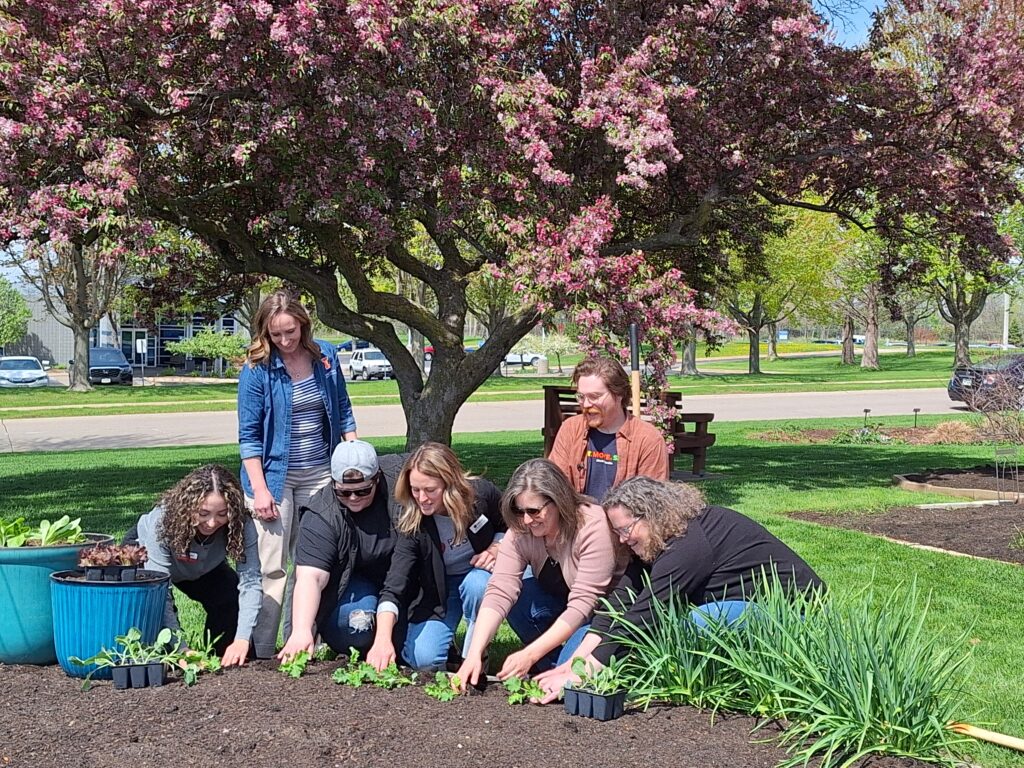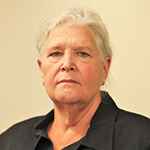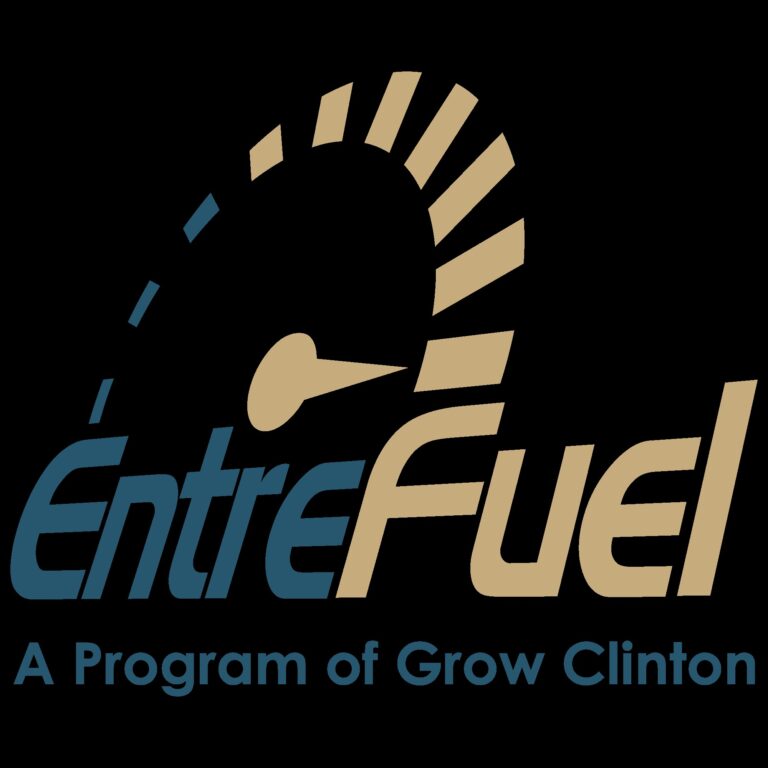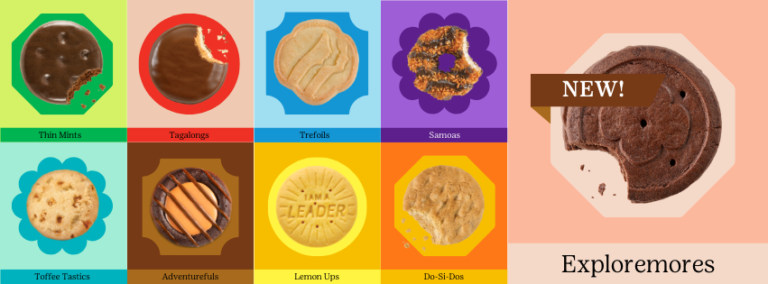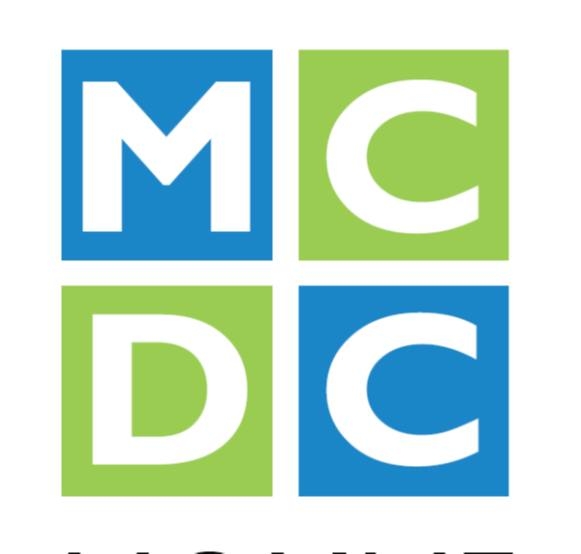Quad Cities home gardeners are being urged to “dig in” and share some of the fruits – and vegetables – of their labor with Quad Citians in need through the new, cooperative program called GIFT Gardens.
Growing Illowa Food Together (GIFT) Gardens was publicly launched on a bright, sunny Thursday, April 24 afternoon at the Scott County Extension Services in Bettendorf. Quad Cities media also witnessed a ceremonial curly kale planting by GIFT program partners.

The GIFT collaborative includes: Tapestry Farms, the University of Illinois Extension, Iowa State University Extension and Outreach, and River Bend Food Bank.
Together, they are calling on individuals and organizations to grow with a purpose and fight hunger in the region. In its first year, they hope to inspire Quad-Cities gardeners to grow 5,000 pounds of fresh vegetables and fruit and then share it with Quad Citians without access to the flavorful and nutritious produce that is grown every day in private gardens.
“GIFT Gardens is a chance for people to dig in, quite literally, and make a real difference,” according to Tapestry Farms Founder and Executive Director Ann McGlynn.
“For countless numbers of years, generous gardeners have grown and then donated what they grow to others,” she said Thursday. Whether it’s “a crate of zucchini, a box of tomatoes or a bunch of sweet corn, the joy of growing and giving it away is an act of caring and kindness as the challenge of hunger grows in our community,” she added.
All gardeners welcome
To address that growth, she said, “the group of people gathered here today decided to try to grow a spark of an idea … embrace that giving spirit of growers, and offer a way to do that collectively together,” Ms. McGlynn said. With the help of those gift gardeners, she added, the program can “help ensure that people with limited resources will not just have enough food to eat, but will have enough good food.”
The initiative is seeking gardeners of all abilities to make that happen. “It does not matter how big or small a growing space is,” Ms. McGlynn said. “If one has one tomato plant in a big patio pot, it is just as important as a large backyard garden.”
She told the QCBJ “It does not matter if you’ve never grown anything before. We have support available, and we’ll cheer you on. It does not matter if you do not know where to donate. We can connect you with a pantry or a nonprofit who can get it into the hands of people who could really use it.”
The program is offering two orientation seminars to connect GIFT with donor gardeners, get them hooked up with a pantry, and or provide gardening guidance from horticulture professionals for those who need it.
Seminar dates and times are Tuesday, May 6, at 7 p.m. and Saturday, May 10, at 10 a.m. They will take place at Tapestry Farms office at 121 W. 12th St., Davenport.
For more information and to sign up, go here. Questions? Email [email protected].
Signing up is simple
Attendance at the sessions is not required though it is recommended for new gardeners. In addition, Ms. McGlynn urged food pantries, especially small ones, to reach out to tapestryfarms.org so they can let these new GIFT growers know where the need for produce is. Which charities gardeners choose to help is up to them, Ms. McGlynn said. Any nonprofit or pantry that takes food qualifies for GIFT inclusion.
Donating and tracking those donations is simple to do as well as important so users can gauge the program’s impact.
“We’ll have people weigh the produce that they’re donating and report to GIFT Gardens,” Ms. McGlynn said. Those who sign up will receive tracking sheets to follow the program’s success.
Quad Citians who will be fed by the program aren’t strangers, they are your neighbors, stressed Mitchell Walker, Supplemental Nutrition Assistance Program (SNAP)-Ed program coordinator of the University of Illinois Extension. “You know them, and they are in need right now.”
He also lauded partners who came together to launch GIFT Gardens, All that’s missing now is community support. “We need growers and advocates for this program. We need food pantries for the food to go to,” he told backyard growers. He added for those things, “we’re relying on you.”
Also promoting the GIFT Gardens partnership is Kelly Thompson, vice president of grantmaking and community initiatives for the Quad Cities Community Foundation. The Bettendorf-based foundation provided a 2024 transformation grant that helped launch GIFT.
”We really believe in the power of gathering people from all walks of life around a shared purpose,” Ms. Thompson said. “This is a perfect example of that. It reflects the will of our community and of our donors, that we come together, meet our neighbors, nourish the region in a thoughtful, sustainable and collaborative way.”
Follow your passion
Donors are urged to grow what they like, and “to follow their passion” when planting. Samantha Culver, director of the Iowa extension office that hosted the event, did, however, share a list of top vegetables donated to shelters. That includes tomatoes, zucchini, potatoes, onions, peppers, cucumbers, sweet potatoes, cabbage, carrots and beans.
All of which are easy to grow and harvest.
They also will help make GIFT’s 5,000-pound goal doable, said Emily Swihart, horticulture education for the Illinois extension. In fact, she expects to exceed it. Donations of such items will add up quickly.
“By most accounts, about half of our neighbors, half of us, are already growing vegetables; we’re already growing produce in our home landscapes for ourselves,” Ms. Swihart said. “What if we grew a little bit morel; what if we did one more plant; what if we planted one more cucumber, one more tomato, one more potato plant, and we committed that plant as a gift?”
Sam Wright, director of Palomares Social Justice Center, has seen firsthand the power of donor gardening. The center worked with community gardeners in Moline’s Floreciente neighborhood and the Milan University of Illinois extension office to collect and share 700 pounds of garden-grown produce.
Ms. Swihart added, “I know the generosity of the Quad Cities. I know our ability to produce food here locally. We have the climate for it; we have the soils for it; we have the resources for it.”
That includes the popular master gardener programs at extension offices in both states.
“We are here to help you,” she said. “There’s nothing better in the world than biting into fresh produce, and you can give that gift to somebody else by joining us.”

